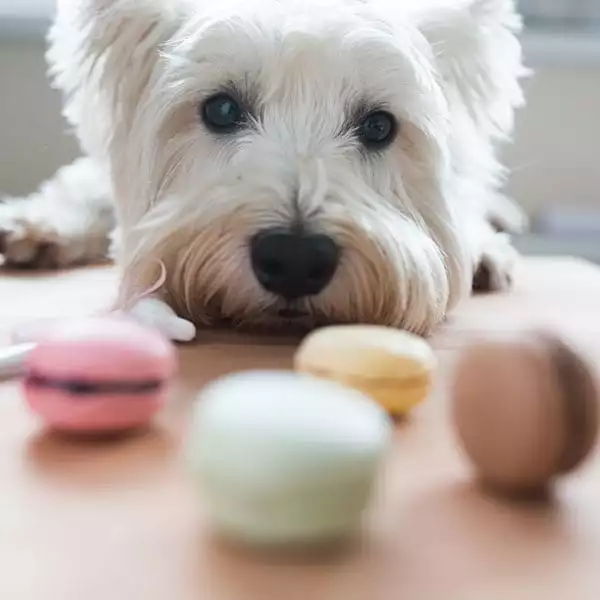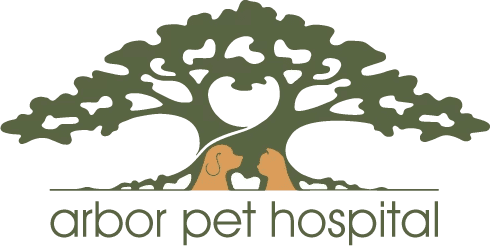Preventing Cat & Dog Poisoning in Wilton Manors, FL

Cat & dog poisoning prevention is an important part of keeping your companion happy and healthy. The list of toxins for pets is a long one, but it’s easy to keep your pet protected if you exercise caution and manage these toxins responsibly. Some ways you can do this include:
- Making sure all bottles, bags, and other containers are tightly sealed and secure
- Keeping these containers stored up high and/or behind secure doors where your pet can’t reach
- Knowing what ingredients are contained in a given substance and using it only as instructed
- Checking for spills, residues, and dangerous foods that might be sitting around
Who to Call
If your pet got their paws on a toxic substance or is showing signs of illness, call us right away at (954) 565-1896. For an after-hours emergency, you can contact the Pet Emergency Center at (954) 772-0420.
What Toxins Should I be Concerned About?
The most important toxins to keep out of your pet’s reach include (for an extensive list of toxins, click here):
- Various human drugs – Aleve, Advil, Tylenol, Ambien, opioids, antidepressants, and any other human medication.
- Plants – Autumn Crocus, Amaryllis, African Evergreen, Andromeda Japonica, Lilies, Azaleas, and more.
- Foods – Chocolate, avocados, mushrooms, apricots, walnuts, macadamia nuts, raisins/grapes, garlic, onions, leeks, alcohol, caffeine, and hard liquor.
- Xylitol – Xylitol is a sugar substitute often found in sugar-free gum, candy, and occasionally, baked goods. It’s extremely toxic and can cause liver failure or even death if a pet ingests it.
- Cleaners of any kind – Soaps, detergents, polish, etc.
- Pesticides – Mouse and rat poison know no expiration date. If there is any sitting around your home or near your home, dispose of it right away. Ingesting these poisons can be fatal for your pet.
- Garage items – Keep antifreeze, gasoline, kerosene, and anticoagulants far away from your pet.
- Essential oils – Avoid using tea tree, eucalyptus, and lavender essential oils, as these can make cats and dogs sick.
If you have any questions about pet poison prevention, don’t hesitate to call us!
Recent Posts
About Us
At Arbor Pet Hospital, pets and their people have been at the heart of what we do since 1962. We’re proud to be one of the longest-standing animal hospitals in Greater Fort Lauderdale, providing trusted, full-service care for cats and dogs in Wilton Manors and beyond.
